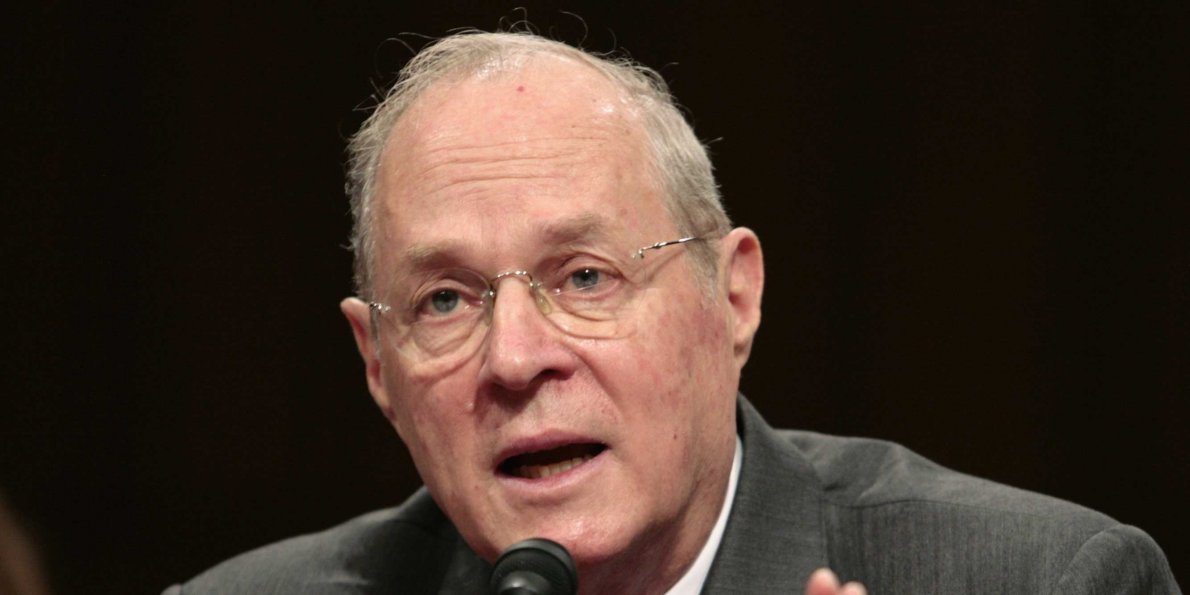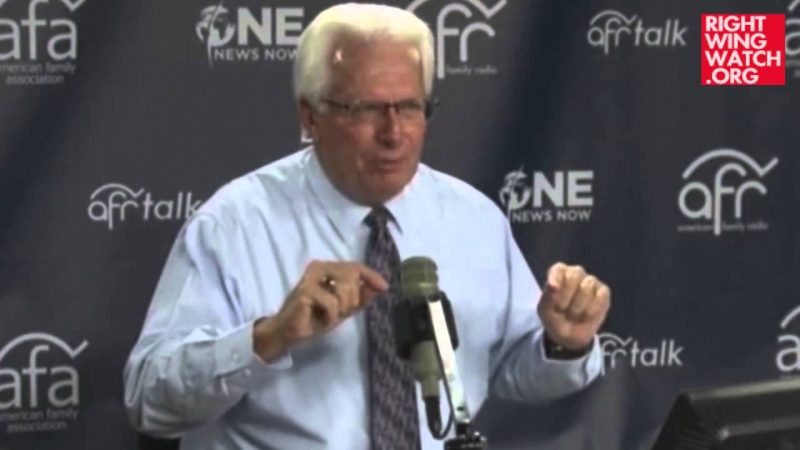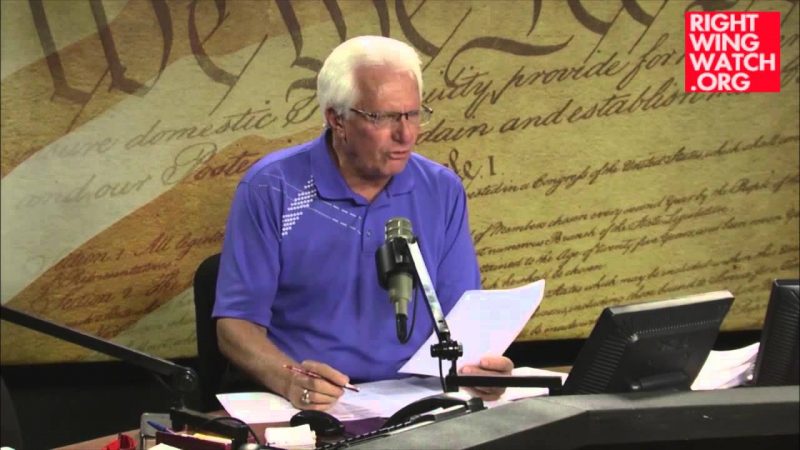One of the words being bandied about at this morning’s oral arguments in the marriage cases was “millennia.” One of the anti-equality side’s main talking points is that equality proponents are asking the Justices to “redefine marriage,” as if marriage has been static in nature for time immemorial. Justice Kennedy raised this issue early in oral arguments. As reported in the Washington Post:
10:06 a.m.: Justice Anthony M. Kennedy, who is believed to be the deciding vote in this case, quickly jumped in with a question about the long-standing view of marriage as between two members of the opposite sex. “The word that keeps coming back to me is ‘millennia,’ ” he said.
Same-sex marriage has been legal in the United States for only about a decade, since Massachusetts legalized it in 2006, Kennedy said. “I don’t even know how to count the decimals,” he said. “This definition has been with us for millennia.”
Perhaps no one is better qualified to tackle this aspect of the case than Justice Ginsburg. As live-blogged by SCOTUSBlog:
One seemingly striking moment came when Justice Ginsburg spoke of how it was recent changes to the institution of marriage that made it appropriate for gay and lesbian couples — in particular, it becoming an egalitarian institution rather than one dominated by the male partners who determined where and how the couple would live.
Indeed, the idea of marriage as the voluntary union of two lawful equals is hardly one that goes back millennia, or even to our nation’s founding. For much of American history, women who got married actually lost their civil identities as individuals, being seen in the eyes of the law only as the wives of their husbands, who had all the legal rights. In the 19th century, it was considered a major reform to allow a woman to keep her own property in her own name after she married, rather than having it automatically transfer to her husband. A more recent reform is that a wife is not automatically considered to have given consent to her husband for sexual intercourse.
Marriage as it is practiced in our country is hardly millennia old. Much of what defined marriage in U.S. history would today be struck down as violating the rights of women under the 14th Amendment. When a New York court in the 1980s struck down that state’s rape exemption that allowed men to rape their wives, the judge opened his opinion with quotation from John Stuart Mill’s 1869 essay The Subjection of Women: “Marriage is the only actual bondage known to our law. There remain no legal slaves, except the mistress of every house.”
But the court that struck down the spousal rape exemption more than a century after that was written was not engaged in an illegitimate “redefinition” of marriage. It was simply enforcing the 14th Amendment, as the Supreme Court is being asked to do today.
This post originally appeared on the blog of People For the American Way.







